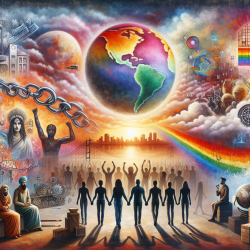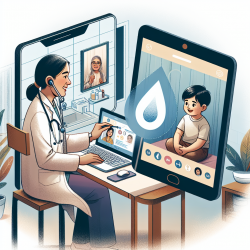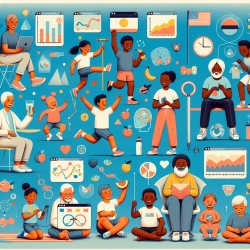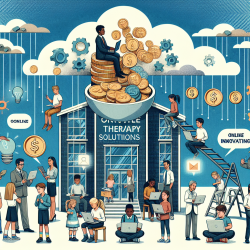The global landscape of queer politics is rapidly evolving, with unique challenges and opportunities arising in different parts of the world. One such intriguing case is India, where the intersection of globalization, queer mobilization, and the AIDS epidemic has significantly influenced sexual identity politics. This blog post delves into these dynamics and offers insights for practitioners looking to enhance their skills or engage in further research.
The Globalization of Queer Identities
The concept of queerness has transcended borders, becoming a global phenomenon. In India, this globalization has sparked a debate about the influence of Western LGBT identities on traditional societies. While some argue that economic globalization has exported Western notions of LGBT identity to countries like India, others believe that these identities have emerged independently due to local socio-political factors.
This debate highlights the importance of understanding local contexts when addressing queer issues. Practitioners should be aware of the cultural nuances and historical backgrounds that shape sexual identity politics in different regions.
The Role of AIDS in Queer Mobilization
The emergence of the HIV/AIDS epidemic has played a pivotal role in queer mobilization in India. The epidemic brought attention to marginalized communities and highlighted the need for public health interventions. However, it also strengthened right-wing "homophobic" discourses that oppose non-heteronormative identities.
For practitioners, this underscores the importance of adopting a holistic approach that considers both health and social justice aspects when working with queer communities. Integrating HIV prevention with advocacy for LGBT rights can lead to more effective outcomes.
Navigating Legal Challenges
The legal landscape for queer rights in India is complex and fraught with challenges. Section 377 of the Indian Penal Code, which criminalized homosexual acts until its partial repeal in 2018, exemplifies the legal hurdles faced by sexual minorities. Despite progress, legal battles continue as activists push for full recognition of LGBT rights.
Practitioners should stay informed about legal developments and advocate for policies that protect sexual minorities. Engaging with legal experts and participating in advocacy networks can enhance their ability to support clients effectively.
Cultural Sensitivity and Inclusivity
Cultural sensitivity is crucial when working with queer communities in India. The diverse cultural landscape means that sexual identities may not fit neatly into Western categories like LGBT. Indigenous identities such as hijras or kothis have unique cultural significance and should be respected.
Practitioners should strive for inclusivity by acknowledging diverse sexualities and creating spaces where all individuals feel valued and understood. Training programs focused on cultural competence can equip practitioners with the skills needed to navigate these complexities.
The Path Forward: Research and Practice
The interplay between globalization, queer politics, and AIDS in India offers rich avenues for research and practice. Practitioners are encouraged to engage with existing literature and contribute to ongoing debates through research projects or community initiatives.
By staying informed about global trends while remaining attuned to local contexts, practitioners can develop innovative strategies that address the unique needs of queer communities in India.
Globalizing queer? AIDS, homophobia and the politics of sexual identity in India










